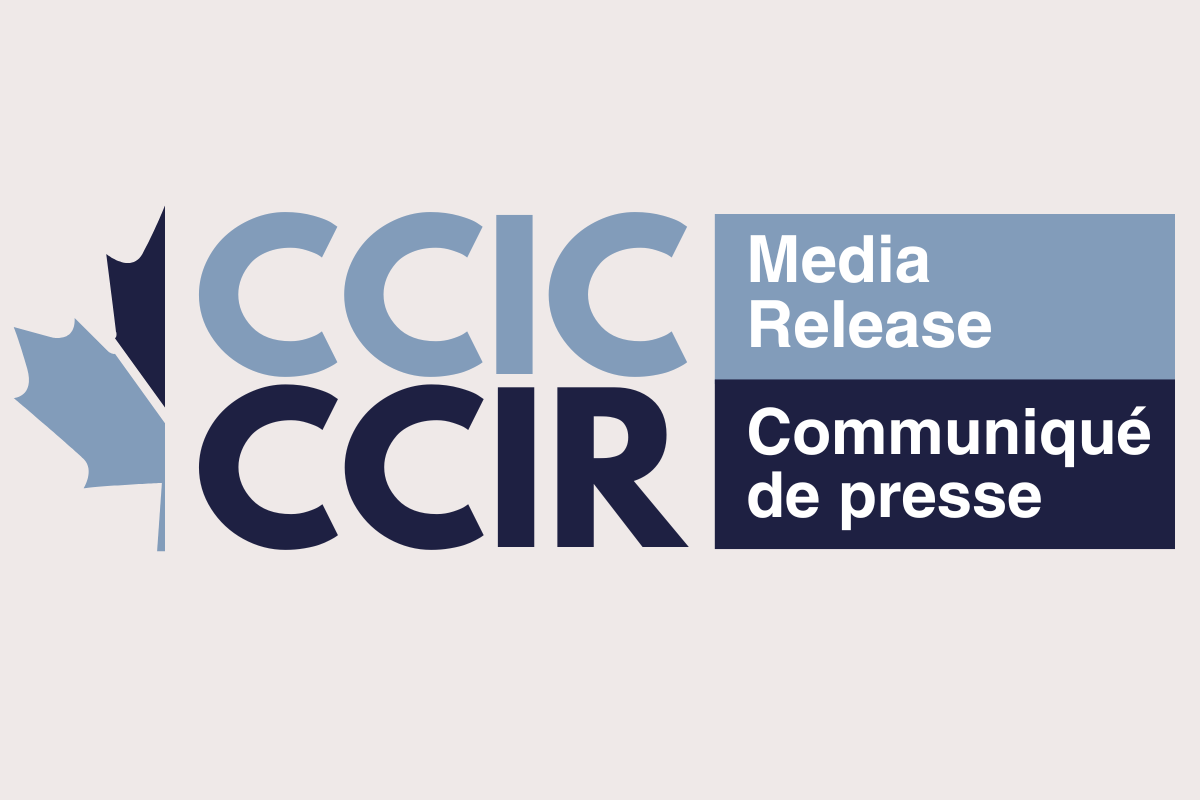
- News

CCIC Media Release re EVAS
- By CCIC
FOR IMMEDIATE RELEASE
Canadian Charging Infrastructure Council (CCIC) Underscores Importance of Electric Vehicle Availability Standard to Charging Infrastructure Investments
Toronto, September 5, 2025 – The Canadian Charging Infrastructure Council (CCIC), whose members operate more than half the public charging sites in Canada, is emphasizing that the federal Electric Vehicle Availability Standard (EVAS) is a critical policy for attracting large scale private investment in electric vehicle (EV) charging infrastructure in light of federal announcements regarding waiver of the standard’s interim target for 2026 model year vehicles and a planned review of the full EVAS over the coming 60 days.
CCIC also welcomes comments by the Prime Minister regarding exploration of options to bring more affordable electric vehicles to Canadians.
“Attracting private capital to build out comprehensive EV charging infrastructure is one of Canada’s most important national infrastructure projects if it hopes to become a clean energy superpower, and requires widespread confidence in the size of Canada’s market of EV drivers over the next 8 to 10 years,” said Travis Allan, President of CCIC. “The EVAS plays a critical role in supporting the multi-year investments in charging infrastructure and utility upgrades needed by future Canadian EV drivers. These investments create sustainable, well-paying jobs in civil and electrical trades across Canada.”
Expanding charging infrastructure gives Canadian drivers the confidence to go electric, and also helps Canadians save money by plugging into clean, domestically produced Canadian electricity. For example, a report by Clean Energy Canada finds examples where a family could save approximately $3,000 annual by switching between comparable gas and electric SUVs.
In its planned review of the EVAS, CCIC urges the government to keep targets ambitious and to provide long-term policy certainty that attracts private investment. Businesses across the country have already invested significantly in building the EV economy, and clear, stable policy direction is essential to sustaining that momentum and ensuring Canadians benefit from a cleaner, more affordable transportation future.
Today, there are almost 1 million EVs on the road in Canada, and Canada’s charging industry has already made major investments in anticipation of future EV sales, with the total number of public fast charging stations more than doubling over the last three years, and a 24 per cent increase in public charging stations between March 2024 to March 2025 alone. The Parliamentary Budget Office forecast that the EVAS would lead to major increases in the number of public charging stations by 2030, if implemented as-proposed (from 4,640 fast charging ports in 2023 to 20,330 in 2030 and 20,700 level 2 ports in 2023 to 122,810 in 2030), shy of, but much closer to Canada’s forecast charging needs than without the standard.
CCIC also emphasizes that, in addition to the EVAS, important incentive programs such as the currently paused iZEV vehicle incentive program and the ZEVIP funding program for EV charging stations provide important signals to the market that can assist the business case for investments in EV charging.
About CCIC
The Canadian Charging Infrastructure Council (CCIC)’s members represent over half the public EV charging sites in Canada. CCIC seeks to achieve a comprehensive and economically sustainable electric vehicle (EV) charging ecosystem and believes that this mission can be supported by providing governments and stakeholders with trustworthy, economically and technically sound advice and advocacy leveraging the expertise and experience of its members. CCIC is open to members that are involved in the EV charging industry including station owners, network and station operators from the public and private sectors, charging technology providers and suppliers, charging installers and maintainers and related infrastructure service providers and entities providing financing for charging station deployment and operation, including via credit transactions and project financing.
CCIC media contact: ccic.ccir@gmail.com